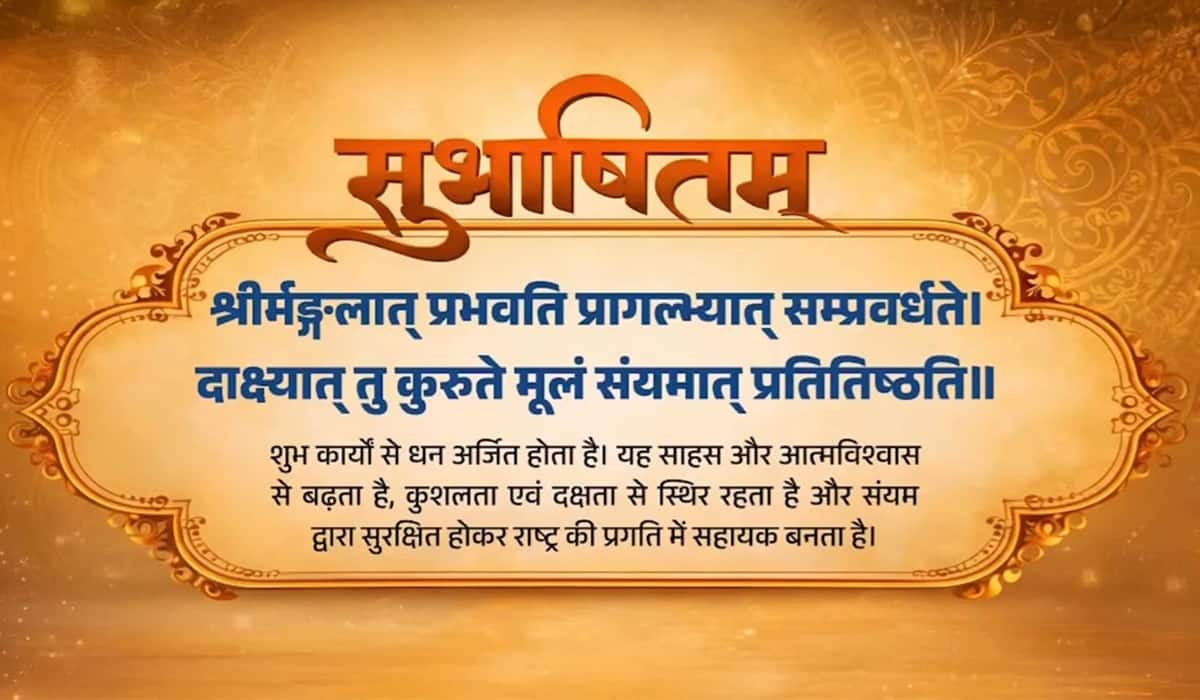Gujarat Chief Minister sends letter objecting to Centre’s move to ‘Create a State within a State’
Narendra Modi warns Prime Minister Manmohan Singh against giving wider powers to BSF to arrest and search anybody, anywhere in India
Ahmedabad, Saturday: Gujarat Chief Minister Narendra Modi today warned Prime Minister Manmohan Singh against amending the Border Security Force Act, 1968 to give wide powers to BSF to arrest and search any body in any part of India.
In a strongly worded letter, Mr. Modi objected to the unwarranted move, especiallywhen the Chief Ministers of different states are meeting in New Delhi on April 16, 2012.
Mr. Modi described it as yet another systematic move to ‘Create a State within State’ or a ‘Second State’. He recalled that he had sent letters to thePrime Minister earlier too, opposing the Centre’s unilateral and arbitrary move to create National Counter-Terrorism Centre (NCTC) and give wider powers toRailway ProtectionForce (RPF) to interfere into states’affairs and jurisdiction and curtail their powers.
As mentioned in the agenda of NCTC, Mr. Modi pointed out that similar provisions are already available to CAPF like SSB, ITBP (Indo Tibetan Border Police) and CRPF (Central Reserve Police Force). Some state governments have expressed their views and favoured the move.
He said that BSF has been created to guard our international borders with powers under Criminal Procedure Code to arrest offenders in border areas and investigate.
As per the existing provisions, he said, services of Armed Forces and Para-Military Forces are requisitioned to assist the civil authorities during natural calamities and other emergencies to maintain law and order. And these forces have stood up to the expectation in performing their duty. He said that Para Military Forces like State Reserve Police (SRP) also perform their duty with respective State Governments, but have not given any power to arrest or investigate.
On the one hand, he said, the Union Government expects better coordination among different intelligence units with the Forces maintaining internal security, and on the other hand attempting to axe the powers from the State Police creating distrust and demoralize the police, which could not be accepted in any circumstances.













